Water is not an asset we can take for granted, and water scarcity is a problem that affects the entire Europe. In fact, "30% of all European land is every year faced with scarcity", a situation whose scale varies from one country to another and which affects Romania too. And as we know that "droughts and floods will be coming increasingly often and will be more severe", it is important "that we all do our part" to ensure the water resources for the future, argued Commissioner for Environment, Water Resilience and a Competitive Circular Economy Jessika Roswall in an interview with AGERPRES on Tuesday, as she attended the Danube-Eastern Europe Regional Water Forum 2025 organized in Bucharest by the Romanian Water Association (ARA).
The Water Resilience Strategy "is one answer as to where we need to go", Roswall explained, saying that in this sense, it is paramount to stop leakages, including with the help of new technologies, such as artificial intelligence (AI), to invest "in the situation of the water" and that "we all learn to use water 10% more efficiently by 2030".
AGERPRES: Romania is a country with many water resources, but in recent years, in the context of climate change, it is facing a desertification trend that affects both agriculture and households. What are the directions Romania needs to take to combat water scarcity, considering that lessening water scarcity by 2030 appears unlikely, according to an analysis published in January by the European Environment Agency?
Jessika Roswall: Water scarcity is something that faces all Europe. In fact, 30% of all European land is every year faced with scarcity. And we have droughts all over Europe. Of course, some parts of Europe are more in danger. For example, Spain has like 75% desertification risk in the next years. But also other parts of Europe. And we also know that droughts and floods will be coming more often and will be more severe. So we all need to do our part. And the Water Resilience Strategy that we put forward a couple of weeks ago is one answer to where we need to go, and one thing is of course that we need to work on exactly how we use the water more efficiently. One goal we set ourselves is that we all need to use the water 10% more efficiently until 2030. And how exactly Romania will do that is a question for Romania, because all the member states have different challenges and it's not a one-size-fits-all solution. So one important thing for me is that we all take part in this, fully aware of the fact that we cannot take water for granted any more.
AGERPRES: According to the European Water Resilience Strategy, only 57% of Romania's population is connected to the public water supply system, the lowest in the EU. Only 15% of Romania's urban wastewater is treated in line with EU requirements, and 23% of the treated water is lost before it reaches households due to the outdated or inefficient infrastructure. What are your recommendations to improve this situation?
Jessika Roswall: This is a serious specific thing. We cannot take water for granted, and that means that we need to tackle the fact that water leakages are one big problem for Europe. Overall in Europe, loss by leakages is 30%. There are places like Romania that have huge challenges when it comes to leakages, over 50% and over 80% in some parts. This we need to tackle, this we need to invest in, because there are possibilities here, there are techniques that use AI, using digitalization. We have good examples from both Romania and from your neighbor country...
AGERPRES: Bulgaria...
Jessika Roswall: Bulgaria, exactly. But that requires investment, and then again, I think it's important to raise awareness about having these big leakages, because we all understand that we need water, water is our life and we cannot waste water on the way to the consumer. So this is one thing that you can use, the new techniques, innovation, but also the funding as such. We all need to understand that these investments are a must.
AGERPRES: The EU has sent civil protection experts to support Romania in its recovery efforts following the floods at the Praid salt mine, one of the biggest salt mines in Europe and a major tourist attraction. From your point of view, how should the situation at Praid have been managed to prevent this disaster?
Jessika Roswall: This shows again how urgent it is to invest in nature, invest in flood protection, invest in the situation of the waters, because it shows that when something happens - and this was something really serious - it affects not only people in the exact surrounding, but everybody downstream as well. One thing that we approach also in the Strategy is flood prevention and early monitoring, how early detection can help in flood prevention. And here Romania has used the help from other countries like Germany, Hungary and others, to evaluate the situation and see how it can move forward from now and how to reduce the damage already caused. So I would say that this shows that it's important to invest in water, but it also reveals the cost of non-action, because if we don't take the next step in climate adaptation and mitigation, that will cost even more. So for me, it's really sad and bad, of course, but we need to also make the most of the situation now.
AGERPRES: Former Energy Minister Sebastian Burduja said this month that Romania has closed many of its coal-fired power plants, which has led to energy vulnerability, higher costs, but not to a green and clean country, adding that the correct order of priorities is energy security, energy accessibility and competitiveness, and only at the end the energy transition or green energy. How do you comment on this order of priorities?
Jessika Roswall: It's up to all member states to decide their own energy mix. That is nothing that the Commission tells. But of course, again, if I link it to water, we have decisions on how to use energy more efficiently. I think we also need to have the same discussion, and that is why we also put this target forward on 10% more efficient use of water. I think we can learn from our experience with the energy crisis and we need to follow the same path when it comes to water, because otherwise we will be in the same situation. So this is a possibility - to take some of the ideas from the energy sector that have been used to increase efficiency.
AGERPRES: A few days ago, the European Commission decided to issue a reasoned opinion to Romania for delays in relation to the sites of community importance that will become part of the enlarged EU Natura 2000 network to protect biodiversity in the EU. How do you comment on these delays?
Jessika Roswall: We have agreements both on international level and in EU on high ambitions when it comes to biodiversity. We know that Europe has degraded as far as nature and the environment are concerned. This is something that we need to take serious because it's not only about nature, it's about our prosperity and competitiveness, it's also about our resilience and security. And that is important for me. And also when it comes to Romania, it's important to do the things that we agreed upon and implement the right measures required.
AGERPRES: Can you give some advice for Romanians to understand a little bit more about water scarcity and why is it so important for each of us?
Jessika Roswall: The water cycle - as we are using the same water all over the globe - the water cycle is broken, the same water cycle that you and I learned when we went to school. And that is really threatening all of us, because we see that we sometimes don't have enough water, which we all need. Water is life. So knowing that the water cycle is broken, we need to see what we can do to repair it. And one of the approaches is to see how we can use the water that is running scarce more efficiently. We all need to take part in this. Me as a policymaker, the industry, farmers, consumers, we all need to think about how we use water. We know that sometimes there is too much water and sometimes too little, but this differs in various parts of Romania. Yet we all need to take part in this journey on how to repair the broken water cycle and make sure that our children and our grandchildren's children will also have fresh and clean water.

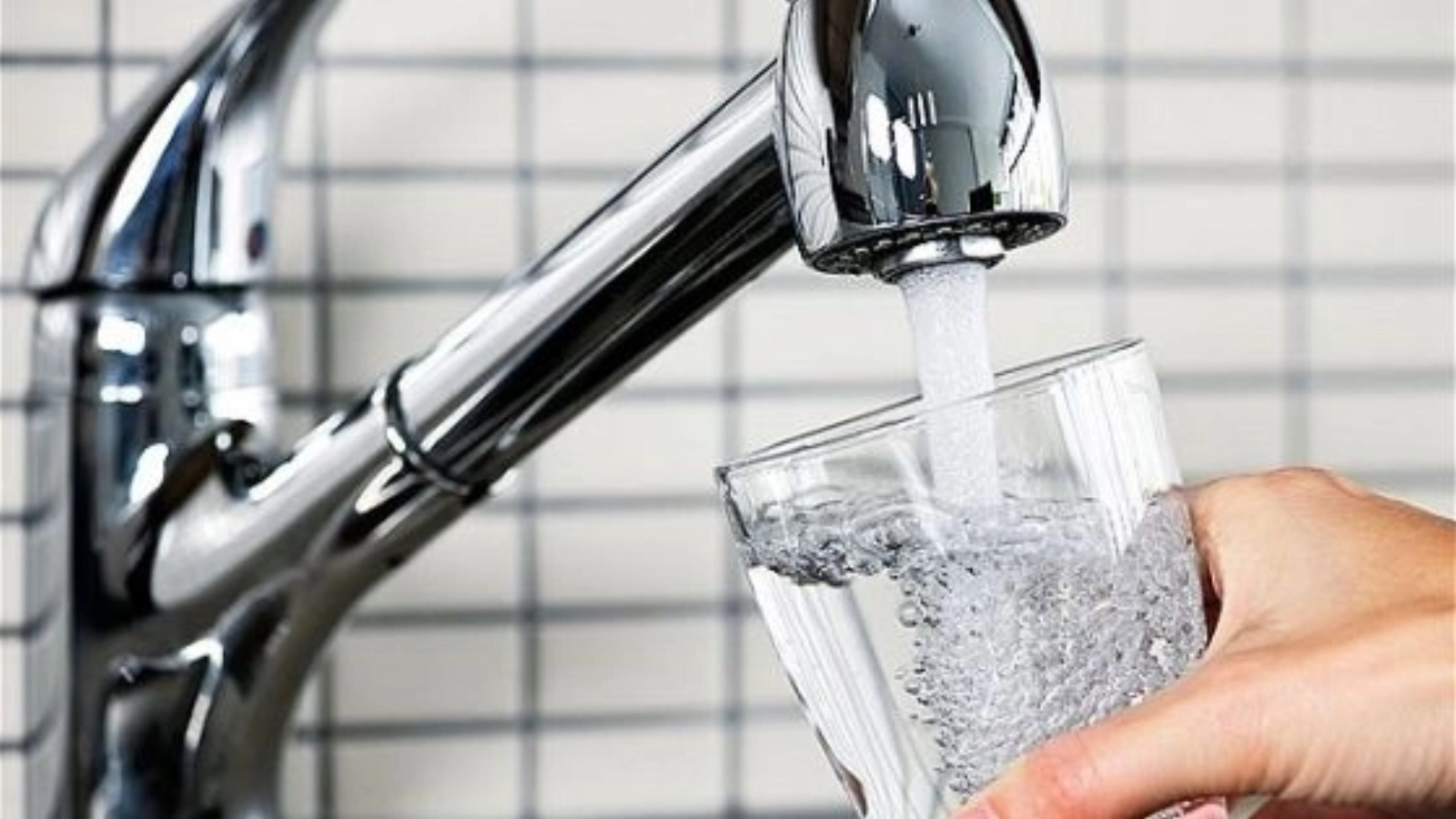
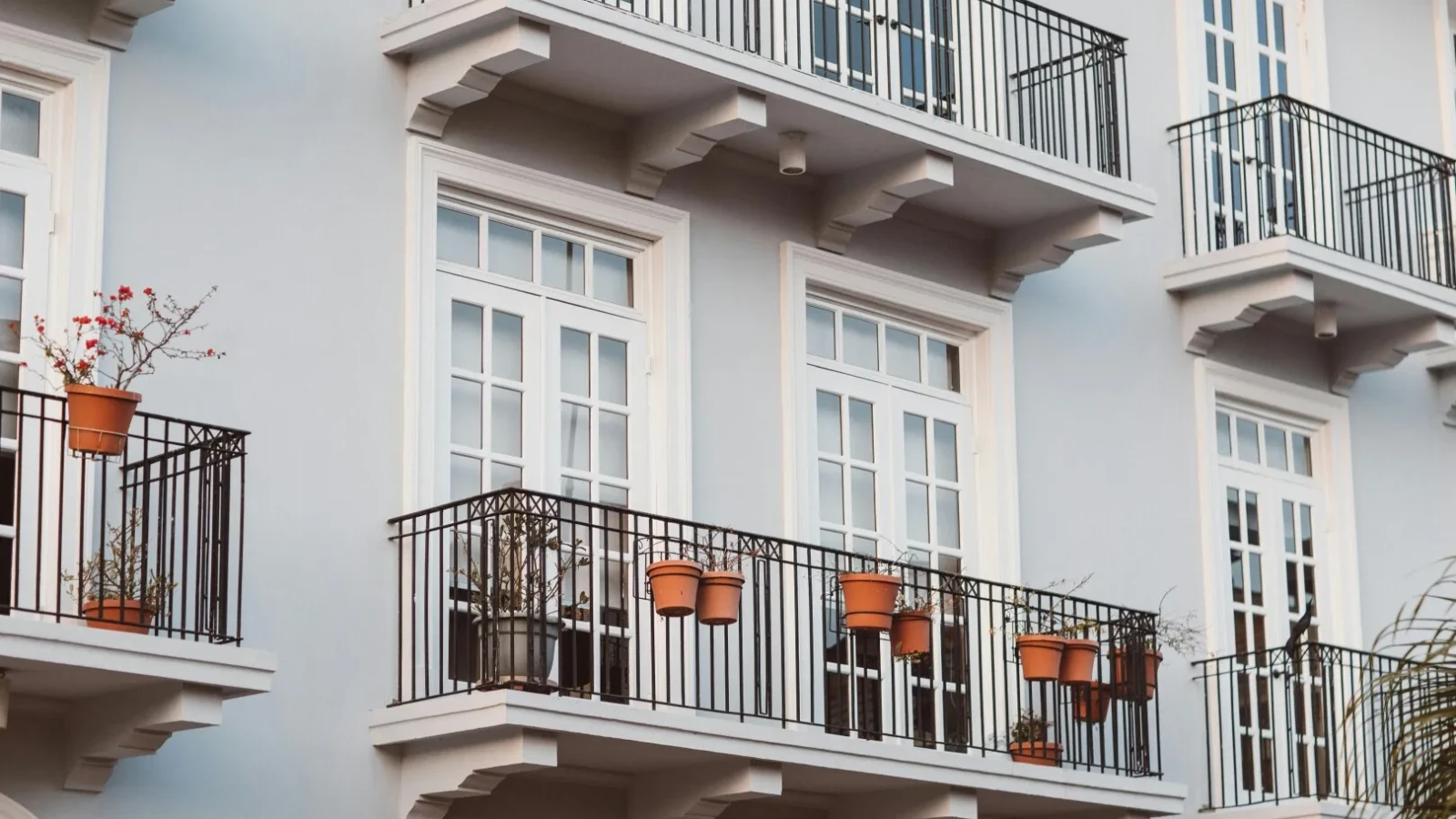
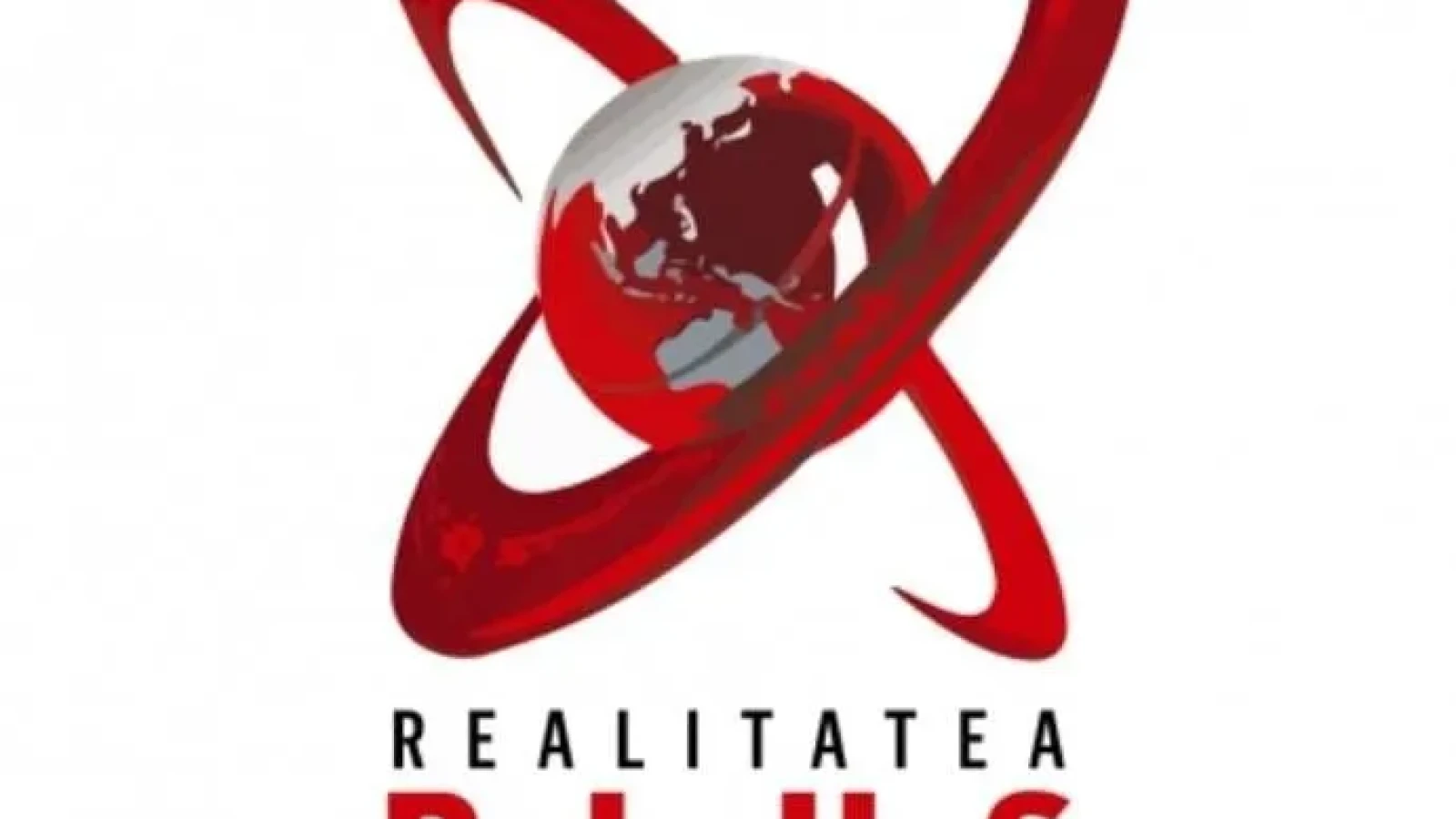

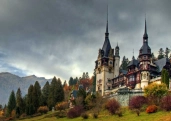
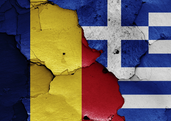

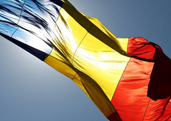
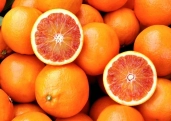
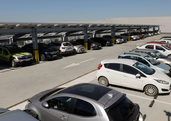
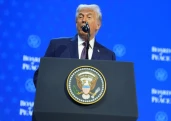
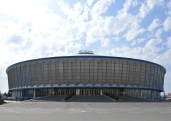

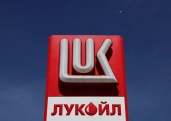
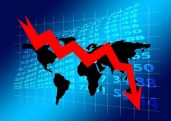




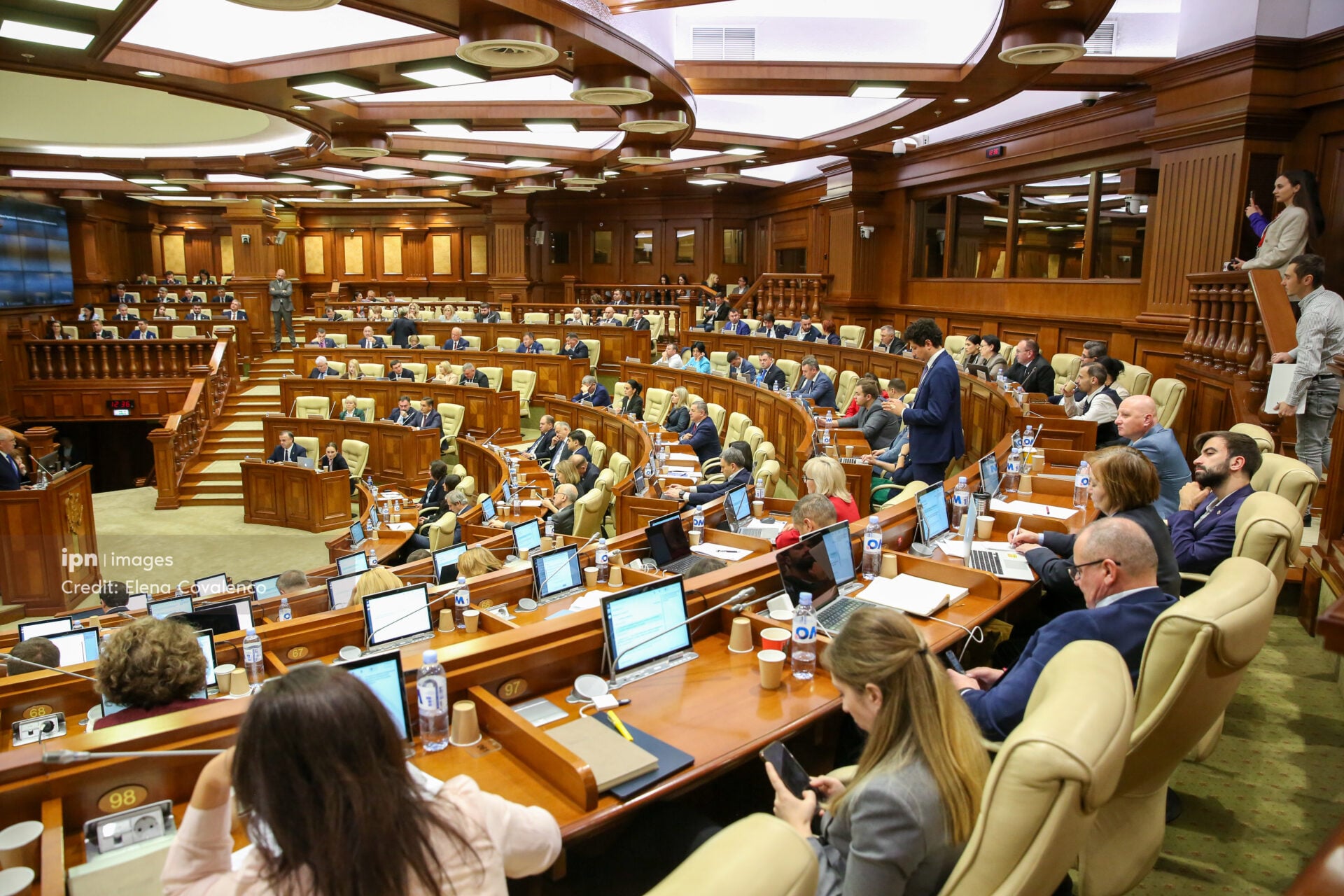
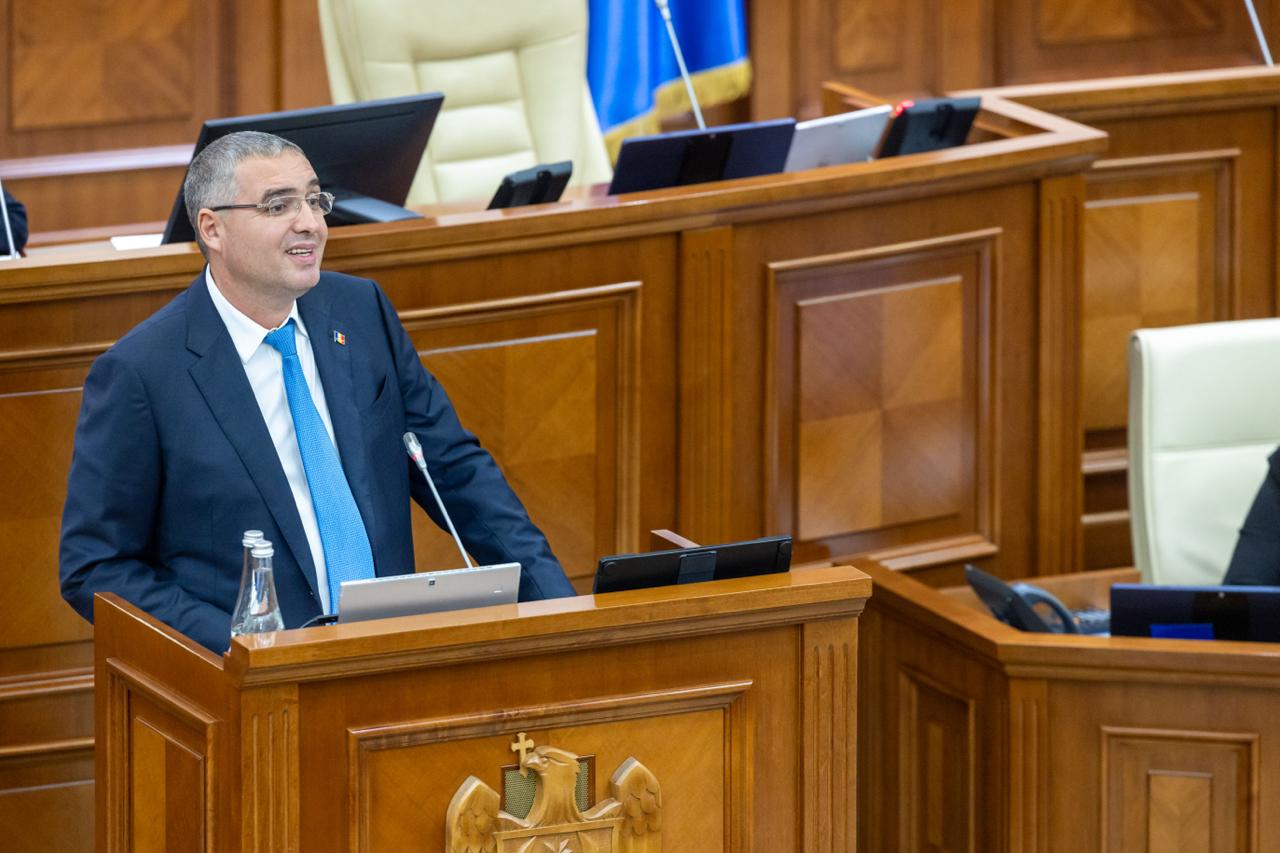
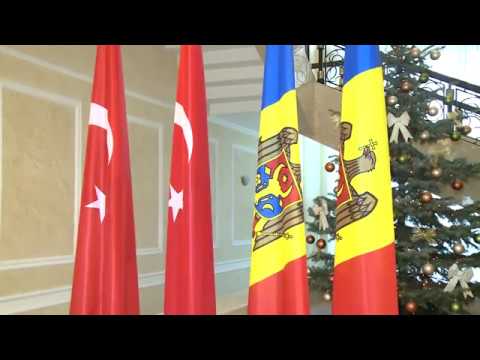


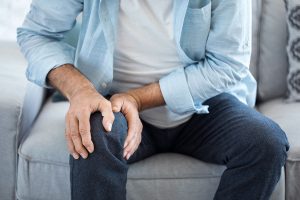






Comentează